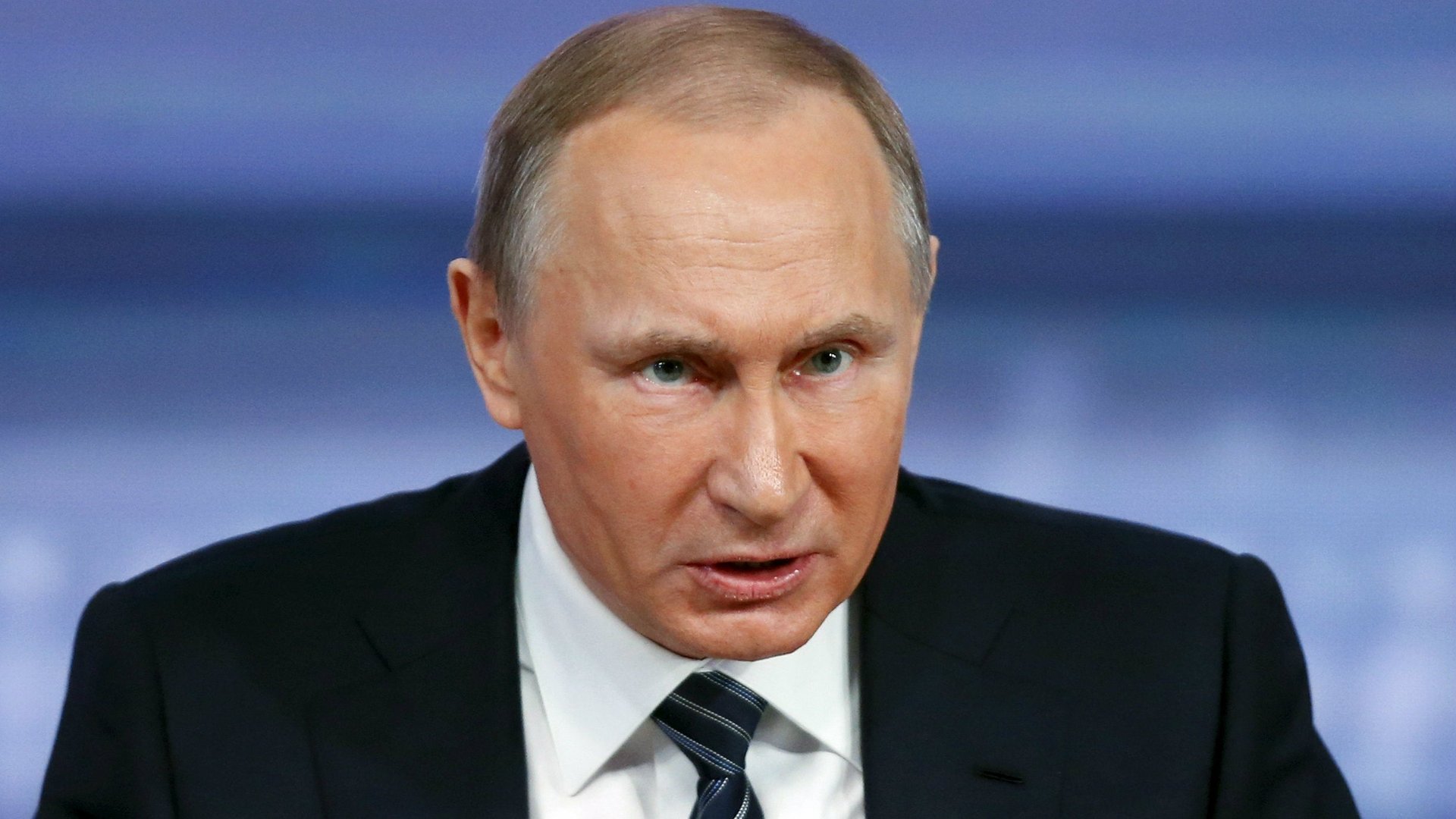Putin is accused of personally ordering the 2006 murder of an ex-KGB spy in London
Russian president Vladimir Putin “probably approved” the murder of ex-Russian spy Alexander Litvinenko in 2006 in London.


Russian president Vladimir Putin “probably approved” the murder of ex-Russian spy Alexander Litvinenko in 2006 in London.
That’s the damning conclusion (pdf) of a long-running British inquiry into the death of former KGB agent Litvinenko, who was poisoned with radioactive polonium-210. Two former Russian agents, Andrei Lugovoi and Dmitry Kovtun, were blamed for putting the poison into Litvinenko’s tea when the trio met up at the Pine bar at the Millennium Hotel in Mayfair 10 years ago.
Litvinenko accused Putin of his murder on his deathbed.
Russia has dismissed the conclusion of the inquiry, saying it was “politically motivated” and lacked transparency. Both suspects are wanted for questioning, but Russia has refused to extradite them. The UK has now imposed asset freezes on the two men.
Both suspects have vehemently denied the charge. Lugovoi, who is now a Russian member of parliament, rejected the conclusion of the report, describing the allegation against him as “absurd.” He added that the conclusion of the inquiry only highlights “London’s anti-Russian position once again.” The other suspect has yet to comment on the findings of the report.
Robert Owen, the chairman of the inquiry, said he was “sure” the two suspected men— Lugovoi and Kovtun—carried out Litvinenko’s murder, who died three weeks after meeting the former agents. The report believes both Lugovoi and Kovtun were acting under Russia’s FSB security service. The report suggests there was a series of possible motives for the Litvinenko’s murder, who was being paid around $2,800 a month by British intelligence and was critical of corruption inside Russia’s security agency (paywall).
Marina Litvinenko, the victim’s widow, welcomed the outcome of the inquiry. “The words my husband spoke on his deathbed when he accused Mr Putin have been proved by an English court,” she said outside London’s High Court.
She went on to call for the UK government to expel all Russian spies in the country, impose sanctions on Russia, and order travel bans for Putin and a number of other individuals.